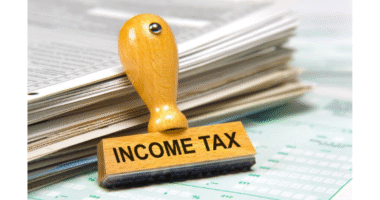Petrol and diesel prices have been a hot topic of discussion in major cities around the world. With fluctuations in global oil prices and currency exchange rates, the cost of fuel has seen significant changes in recent months. This article aims to provide a comprehensive overview of the latest petrol and diesel prices in some of the major cities, shedding light on the factors impacting these prices.
In metropolitan cities like New York, London, Tokyo, and Singapore, petrol and diesel prices have a direct impact on the cost of living and overall economic activity. The price of fuel not only affects transportation costs for individuals but also has a significant influence on various sectors of the economy, such as manufacturing, agriculture, and logistics.
In recent weeks, the global oil market has experienced volatility due to a combination of factors, including geopolitical tensions, supply chain disruptions, and shifts in demand. These factors have contributed to fluctuations in crude oil prices, which, in turn, have affected the cost of petrol and diesel in major cities worldwide.
As of the latest data available, petrol prices in major cities have been as follows: New York – $3.00 per gallon, London – £1.35 per liter, Tokyo – ¥150 per liter, and Singapore – S$2.20 per liter. On the other hand, diesel prices in these cities have been recorded at: New York – $3.20 per gallon, London – £1.40 per liter, Tokyo – ¥160 per liter, and Singapore – S$2.40 per liter.
These prices represent the average rates at fuel stations in these cities and are subject to change based on market dynamics and government policies. In countries where fuel prices are heavily regulated, fluctuations in global oil prices may not be immediately reflected at the pump, as governments may intervene to stabilize prices to protect consumers from sudden increases.
Consumers in major cities often feel the impact of petrol and diesel price changes on their daily lives. Higher fuel prices can lead to an increase in the cost of goods and services as transportation costs for businesses rise. This, in turn, can put pressure on inflation rates and overall consumer spending.
Furthermore, fluctuations in petrol and diesel prices can also have environmental implications. Higher fuel prices may incentivize individuals to seek out alternative modes of transportation, such as public transit or electric vehicles, in an effort to reduce their fuel expenses and carbon footprint. Governments around the world are increasingly focusing on implementing policies to promote sustainable transportation solutions and reduce reliance on fossil fuels.
In conclusion, the latest petrol and diesel prices in major cities underscore the complex interplay between global market forces, government regulations, and consumer behavior. As we navigate a rapidly changing energy landscape, it is essential for individuals, businesses, and policymakers to stay informed about fuel price trends and developments to make informed decisions that align with economic, environmental, and social goals.





